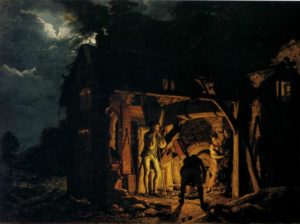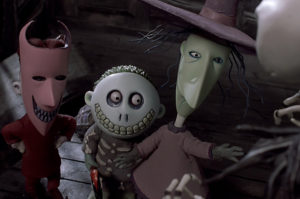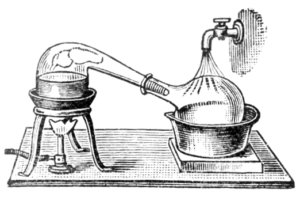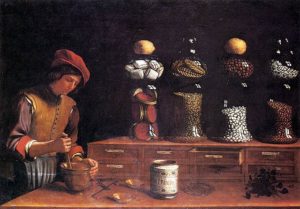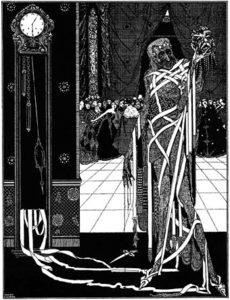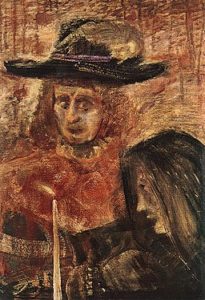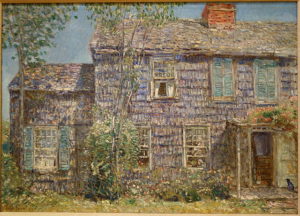Love in Dimensions by Ken Poyner

My clinging love,
I would move one moon
Around the other to have
But one more tesseract
Of your unignited breath,
One more contravening twist
Of your moribund compound eye, another
Sharing of crossed lecherous forelimbs.
Ours is a gradient of love outside of gravity,
And I know your many erotically enveloping shapes
By the bulbous singing of near crystals alone.
We make a triptych so elastically refined
That our peers at times see us at once solid and liquid,
And grievously spend the last of their minerals
To similarly evolve. Come with me:
Let us be the volcano, let us evenly
Salt the underside of the gaseous rocks.
Let us again spill dark matter wondrously arisen.
Craft gossamer with me yet another slithery dimension.
illustration By Didier Descouens – Own work, CC BY-SA 3.0, https://commons.wikimedia.org/w/index.php?curid=12472781


